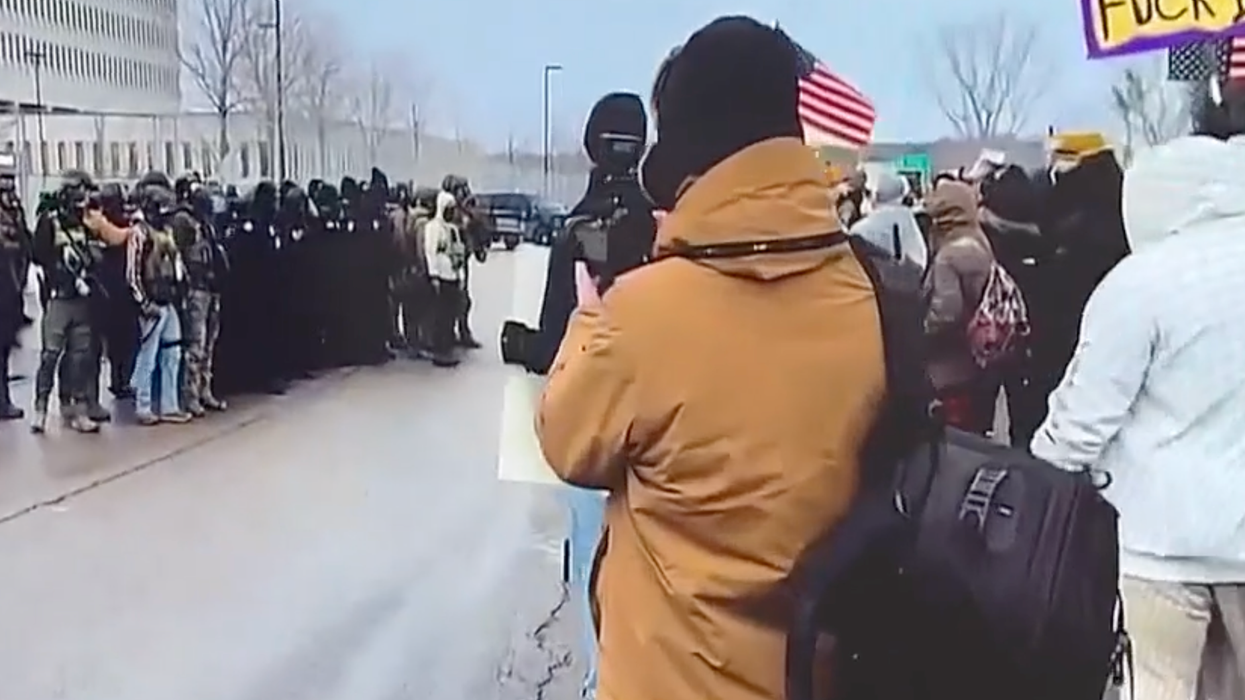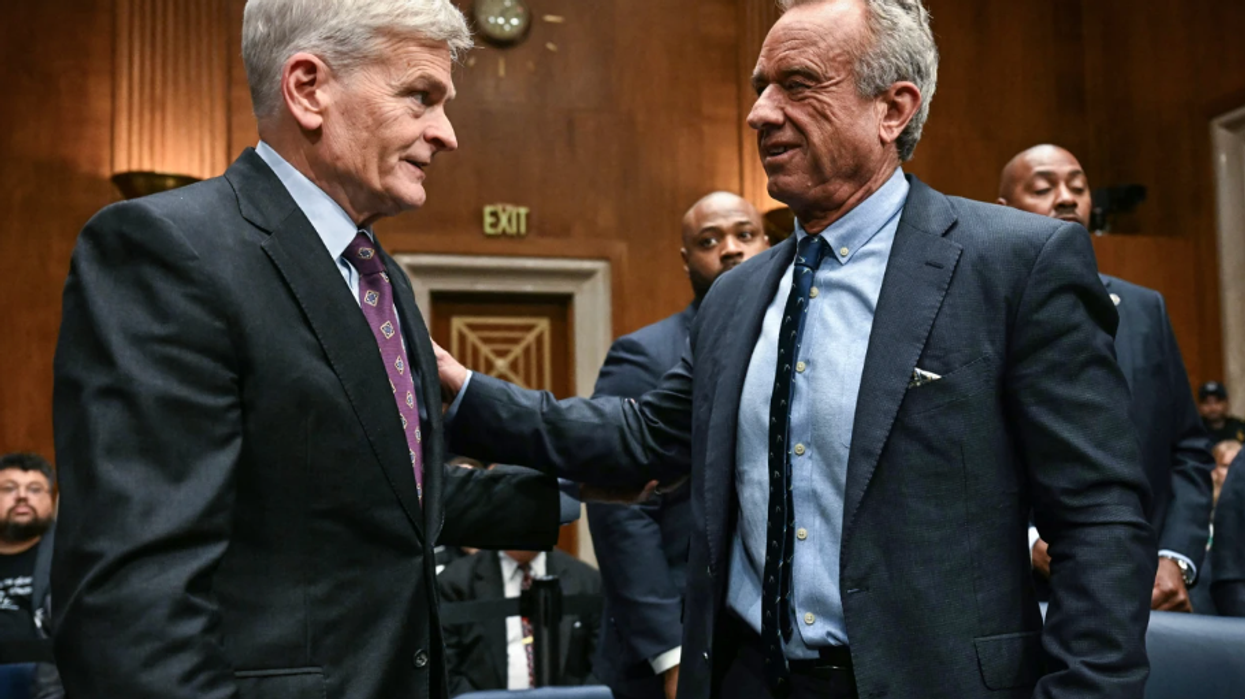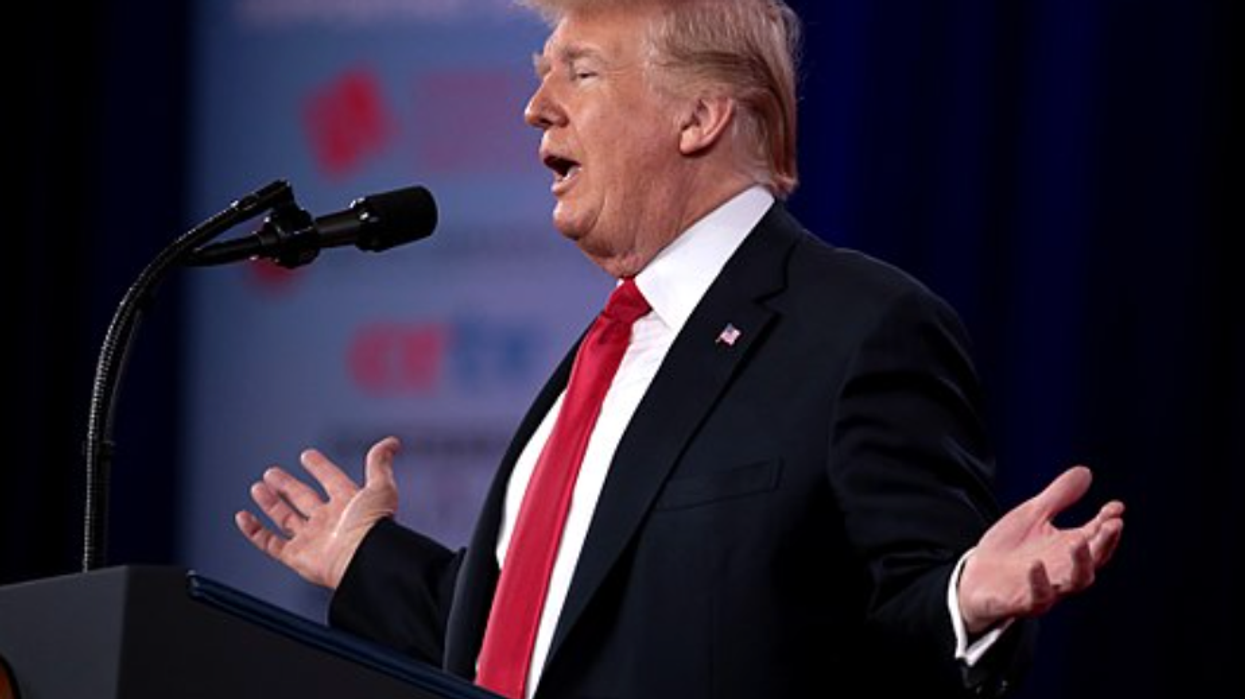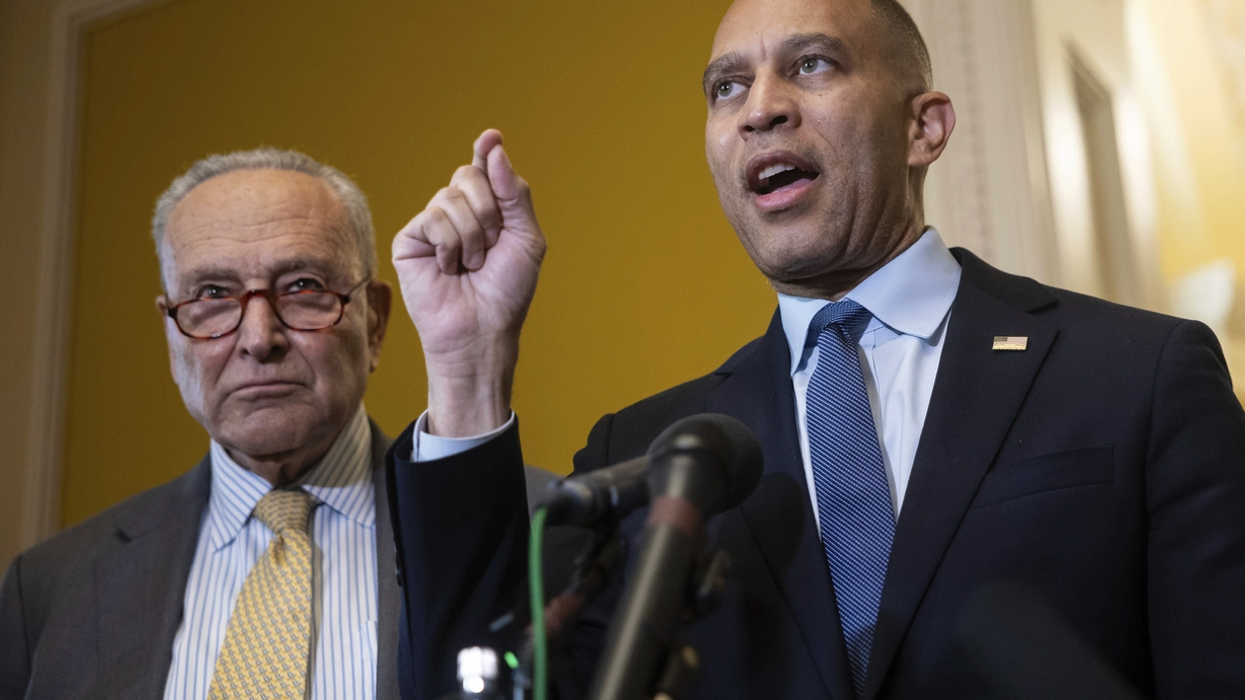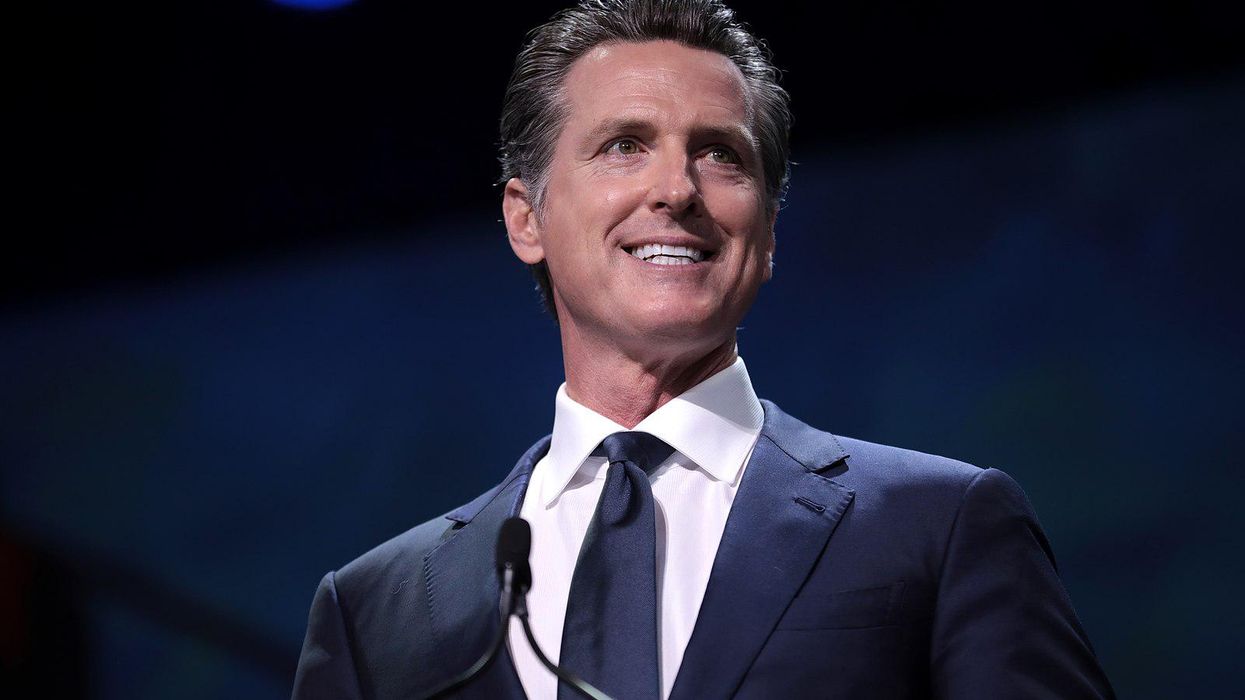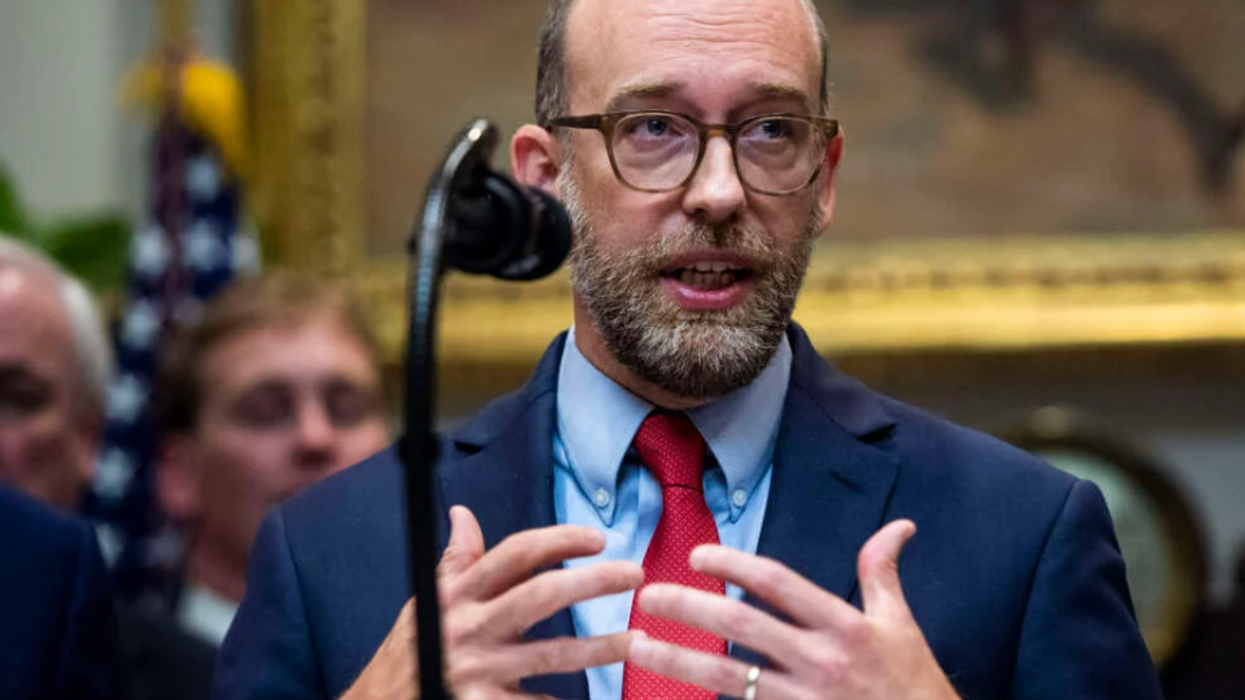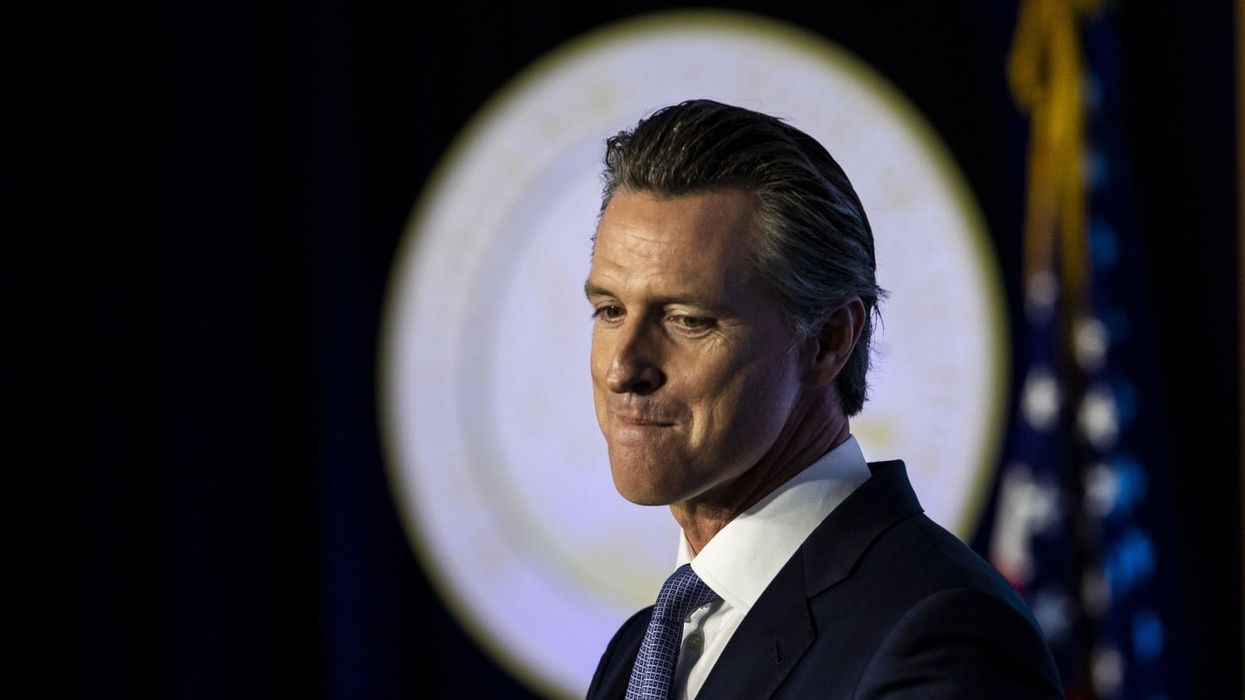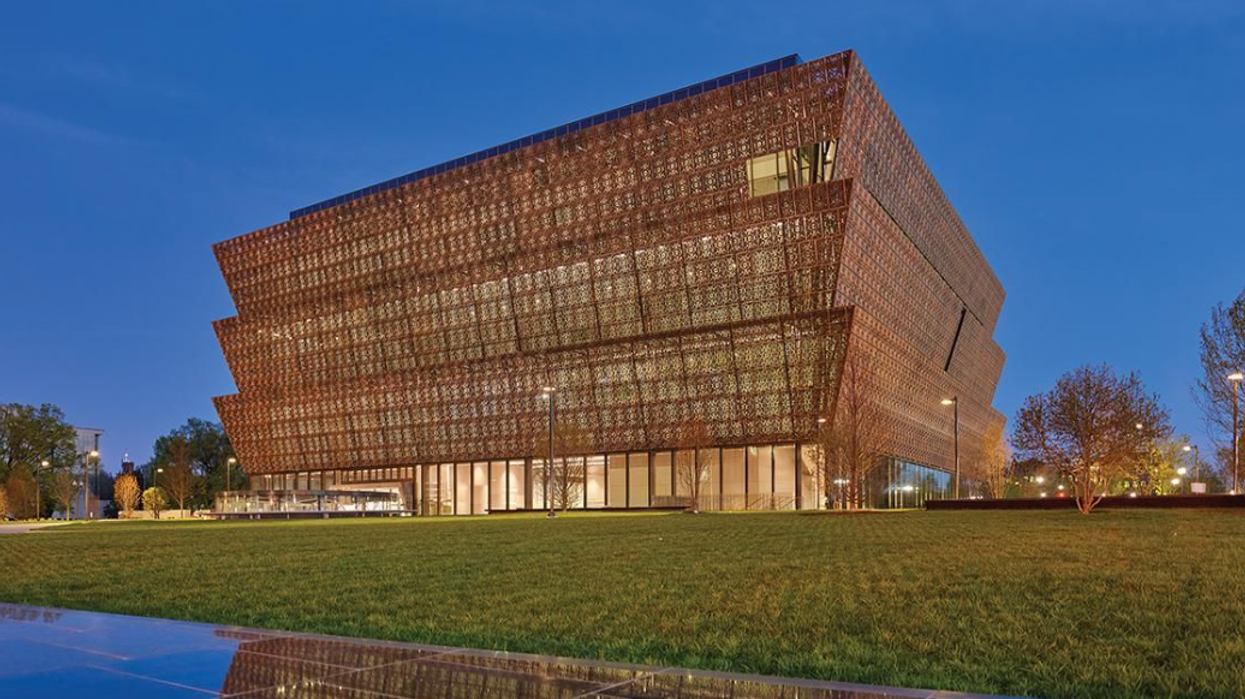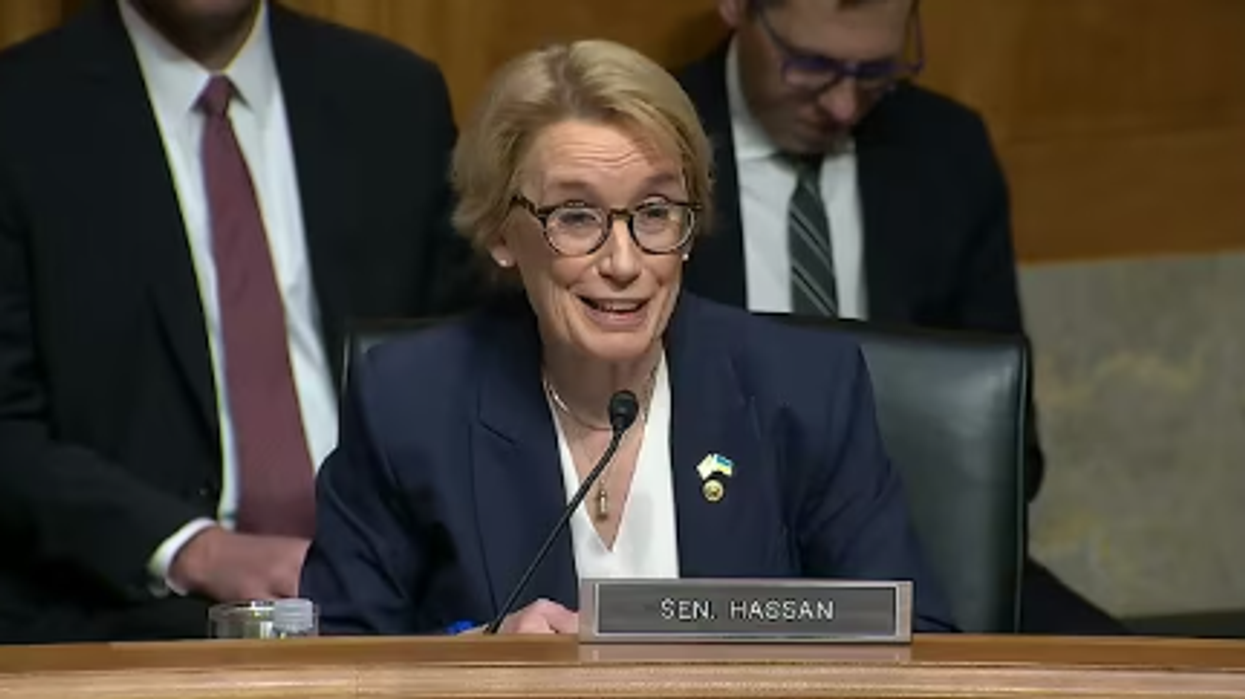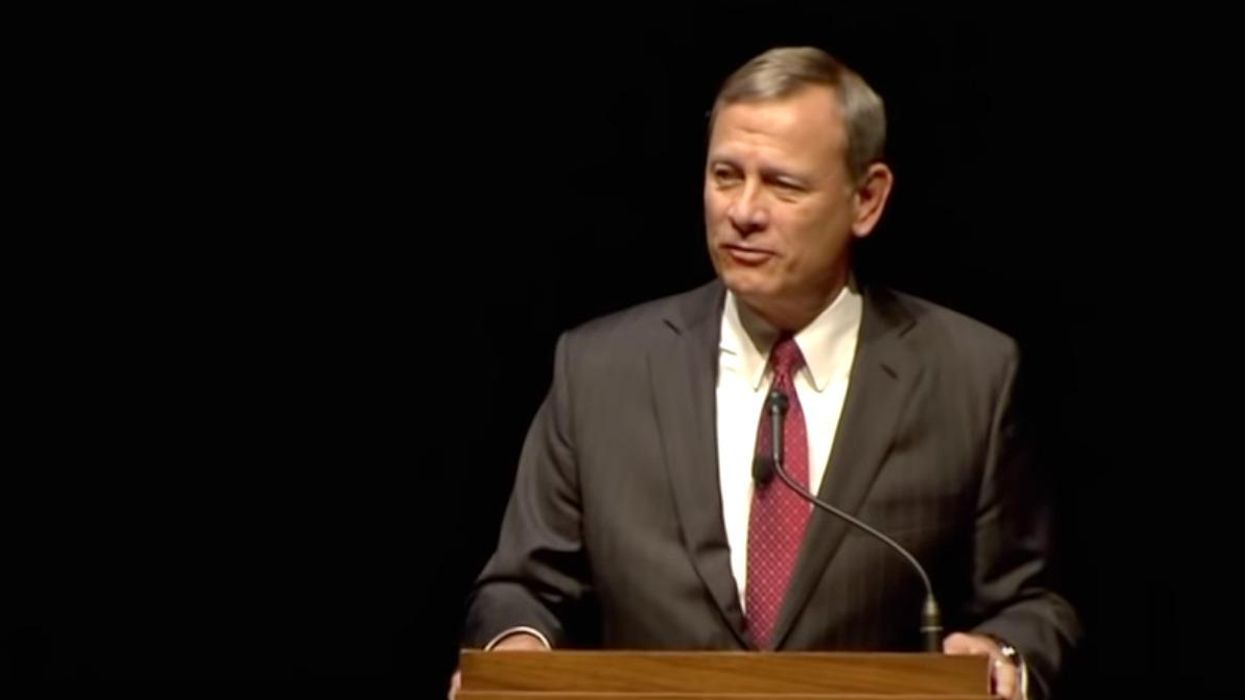Before Trump Sends Troops To Minnesota, Will Republicans Tell Him No?
President Donald Trump made the threat, where else, on Truth Social:
"If the corrupt politicians of Minnesota don't obey the law and stop the professional agitators and insurrectionists from attacking the Patriots of the U.S. Immigration and Customs Enforcement, who are only trying to do their job, I will institute the INSURRECTION ACT, which many Presidents have done before me and quickly put an end to the travesty that is taking place in that once great State."
The Insurrection Act was signed into law in 1807. It was last invoked by former President George H.W. Bush in 1992, at the request of the California Governor, to deal with the Los Angeles Riots. Unlike deploying the National Guard, which Trump has also done, the Insurrection Act allows armed forces to carry out law enforcement functions for which they may or may not be trained.
You would have the military protecting not only federal buildings but immigration enforcement efforts, whatever form they might take. Talk about turning the streets — and parking lots — into battleground stand-offs. For what?
There is, of course, no insurrection, much less one led by professional agitators. ICE's job is not to kill anyone. If anyone is to blame for the overheated situation in Minnesota, it is Donald Trump, who thrives on it.
Unlike other presidents, who might see this as a time to bring the nation together, to express grief at a tragic loss, to vow to do better, this president does just the opposite. He doesn't want to turn the temperature down. He wants to turn it up. He investigates the widow instead of the officer. The pot boils, prosecutors quit, so what, he'll send more agents in. And if that inflames things further, then he can invoke the Act, which is what he really wants to do and what he views as a means to throttle a city and state he perceives as his opponent.
That's how he plays and that's how his team plays and if that's not how you play, then you shouldn't have voted for him, because he shows no sign of changing. Trumpism has never been about unity; it has always been us against them. Only now it is more so.
So what does everyone else do? Of course, they'll sue; the state's Attorney General has already brought suit regarding the ICE deployment and told the press that if Donald Trump invokes the Insurrection Act, he's prepared to challenge that in court.
According to the Brennan Center for Justice, there are three ways the president can invoke the Act. The first is at the request of a state legislature or the governor, facing an "insurrection," which is not the path here. The second is when "unlawful obstructions, combinations, or assemblages, or rebellion" makes it "impracticable" to enforce federal laws — a much more likely path — and the third is to suppress an insurrection that "hinders the execution of the laws" or "opposes or obstructs the execution of the laws of the United States or impedes the course of justice under those laws."
You don't have to be Stephen Miller in the White House to knit together the Insurrection Act with the enforcement of immigration/deportation law into an unholy manifesto. Or to think that they already have.
Republican leaders are reportedly asking Trump to exercise restraint and not further inflame the situation by sending in the military. Are there enough Republican "leaders" to go to him and actually say something that almost sounds like "no"? And will he listen to them and care? Our military was not trained to march in Minneapolis. This is not what they signed up for. We should not send them there. Enough is enough.
Susan Estrich is a celebrated feminist legal scholar, the first female president of the Harvard Law Review, and the first woman to run a U.S. presidential campaign. She has written eight books.
Reprinted with permission from Creators.

